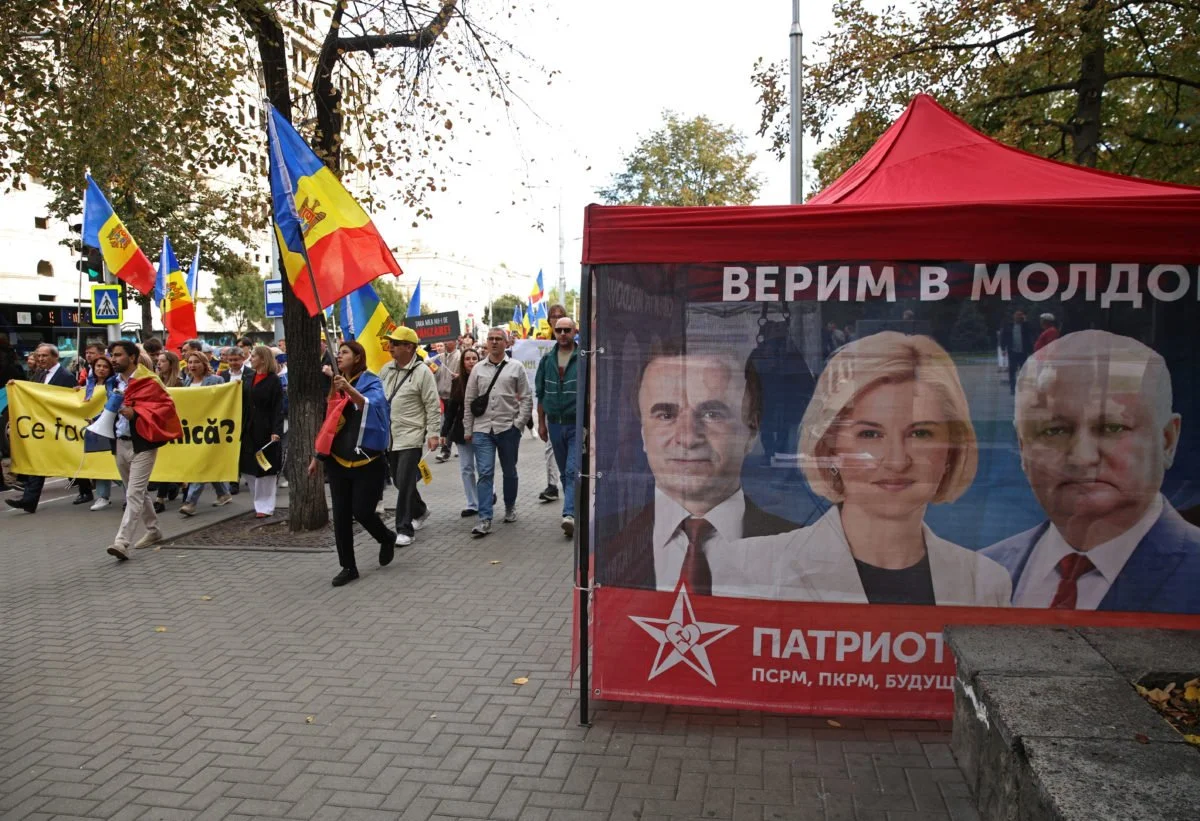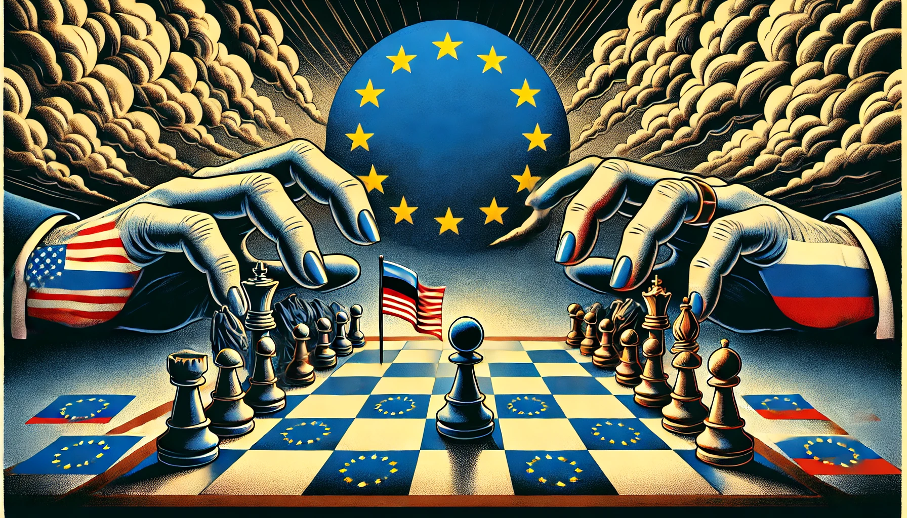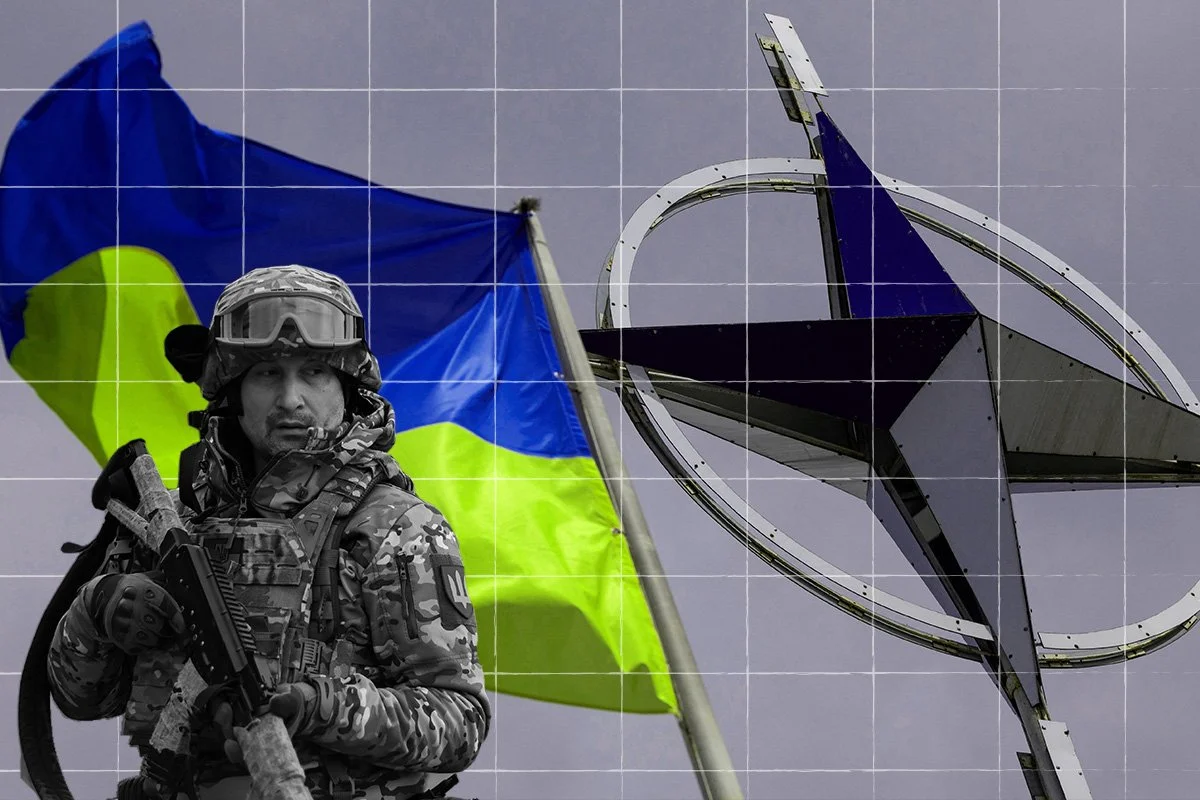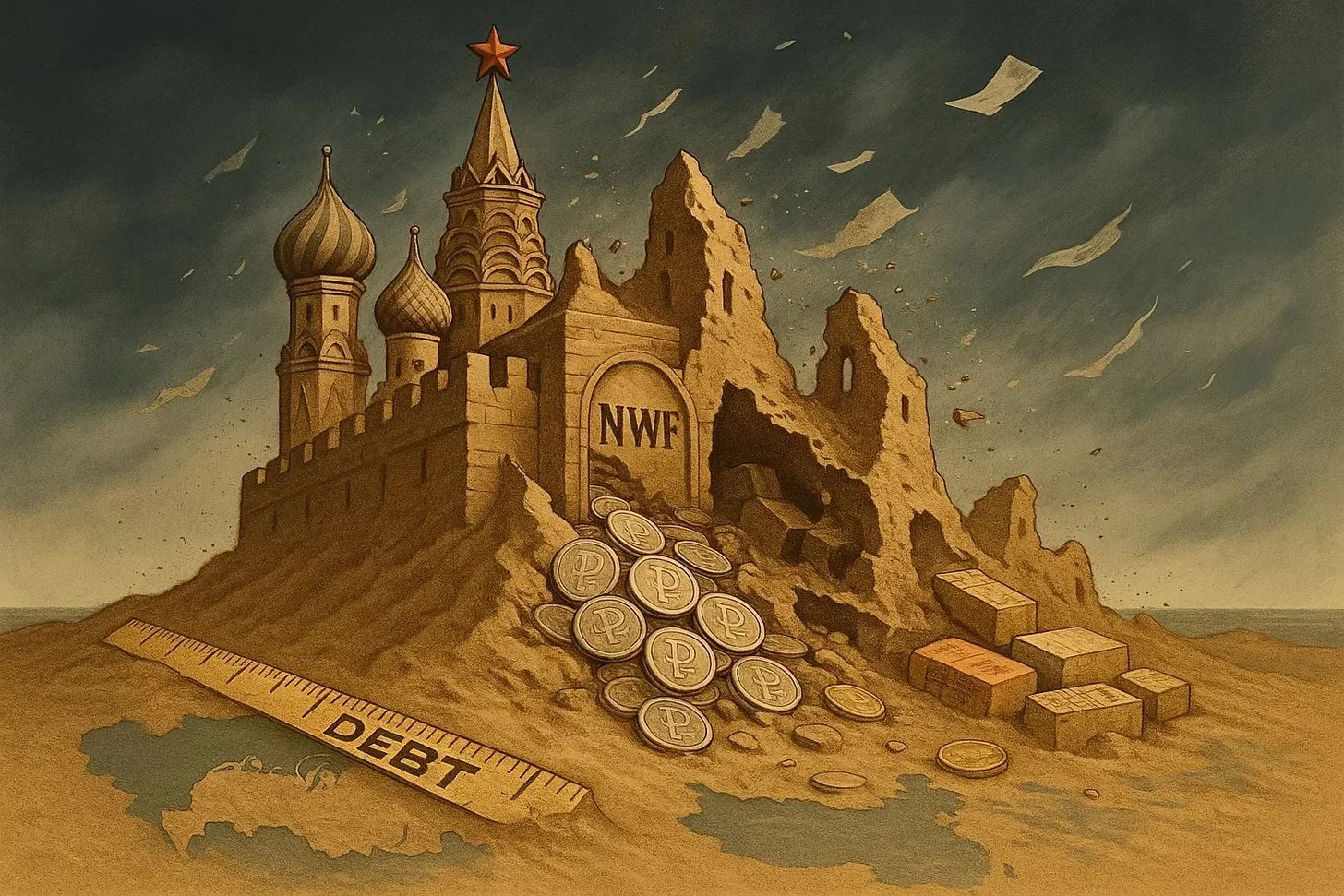Onero Research
Date Published
- January 2026
- December 2025
- November 2025
- August 2025
- July 2025
- June 2025
- May 2025
- April 2025
- March 2025
- February 2025
- January 2025
- December 2024
- November 2024
- October 2024
- September 2024
- August 2024
- July 2024
- June 2024
- March 2024
- February 2024
- October 2023
- March 2023
- February 2023
- January 2023
- November 2022
- October 2022
- January 2022
- November 2021
- October 2021
- August 2021
- July 2021
- March 2021
- September 2020
- August 2020
- July 2020
- February 2020
ENI as a Geopolitical Actor: Italy’s Energy Diplomacy in the Mediterranean
Italy has leveraged ENI’s hybrid corporate–state role to reposition itself in Europe’s post-Ukraine energy order, using investments, pipelines, and regional partnerships in North Africa and the Eastern Mediterranean to enhance geopolitical influence and energy security.
A Deep Dive Into Moldova's Latest Elections
Russia’s long struggle to control Moldova, from imperial annexation to Soviet rule, shaped enduring divisions. In 2025, Moscow deployed political proxies, energy pressure, and disinformation to block European integration, but Moldovan voters decisively backed Maia Sandu’s pro-Western path forward clearly.
Is the EU likely to become a major international actor?
The European Union faces internal and external challenges that threaten its continuity. This article examines these issues and the EU Strategic Agenda’s responses, assessing the Union’s state to explore whether the EU is likely to emerge as a global actor.
Gender and Political Corruption in Ukraine (1991-2025)
Grand corruption in Ukraine shows gendered patterns: women's lower involvement stems from underrepresentation, portfolio allocation, and differing attitudes toward corruption, while persistent institutional weaknesses remain amid war and reform pressures.
Serbia and Kosovo Twelve Years After the Brussels Agreement
Serbia–Kosovo normalization has stalled since the Brussels Agreement due to unresolved Serb autonomy, sovereignty disputes, and weak EU enforcement, while stronger EU mediation is crucial for Balkan stability and broader international credibility.
The Fragmentation of Transatlantic Order and the EU’s Internal Vulnerabilities: Corruption, Cohesion and the Future of European Rule-making
Economic redistribution, migration policy, corruption, nationalism, and falling U.S. support are eroding the EU’s unity, leaving it increasingly fragmented and institutionally weakened.
Explaining the Debate of Ukraine’s Prospects for NATO Membership
The article examines Ukraine’s long relationship with NATO, weighing strategic, democratic, and security arguments for and against membership amid war with Russia, assessing barriers, alternatives, and uncertain future prospects for Europe and transatlantic stability overall.
Russia’s Indoctrination of Ukrainian Children Amidst War
Since Russia's invasion, Russian authorities have kidnapped thousands of Ukrainian children, placed them for adoption in Russia, and reeducated them under the guise of therapy. The global community's neglect has reduced the likelihood of their return.
What Comes After Orbán: The Tisza Wave and the Opposition's Dilemma
Péter Magyar's Tisza party has surged to lead Fidesz in polls, the most credible challenge since 2010. Hungary’s unique electoral structure means the traditional opposition could determine whether Tisza can enact its agenda. They must decide whether to withdraw or compete.
Russia’s Fiscal Fortress Is Made of Sand
Moscow is skilled in illusion: beneath the low-debt façade, Russia’s economy is buckling under high rates and dwindling reserves.
Language, Identity, and Power: The Political Trajectory of Catalan in Contemporary Spain
This study examines how Catalan language policies evolved across Spain’s 20th–21st centuries, analyzing governmental attitudes, political motives, and identity struggles shaping Catalan’s recognition, suppression, and revival within shifting national frameworks.
James Mason’s Accelerationism and the Rise of Decentralized Neo-Nazi Youth Cells in Europe
James Mason’s Siege ideology, revived in online subcultures, has helped spawn decentralized, youth-led, neo-Nazi cells across Europe. These groups translate accelerationist doctrine into propaganda, practical know-how, and sporadic violence, creating a digitally mediated threat to democratic stability.
Missile Warfare and Air Defense in the Ukraine Conflict: Evaluating Long-Range Systems and Ukraine's Defenses Against Russian Threats
The Russo-Ukrainian war has been marked by mutual short-range missile and drone attacks, but Ukraine has struggled to gain a significant advantage in aerial warfare. In November of 2024, former President Biden approved the discretionary use of long-range missiles by Ukraine in the ongoing war against Russia. Since then, how have long-range missiles altered the nature of the war?
Hungary’s Pride Ban: Domestic Concerns and International Intervention
In March 2025, the Hungarian Parliament, led by the illiberal populist Fidesz party, passed by a large majority a bill banning LGBTQ+ assembly, including Pride parades.Though this legislation is not particularly surprising given Prime Minister Viktor Orban’s track record of targeting the LGBTQ+ communityand other minorities, it furthers an alarming agenda and poses significant domestic and international concern.
An Examination of the Growing Rivalry Between France and Türkiye
In May 2025, during the European Political Community summit in Tirana, Albania, a video of Turkish President Reçep Tayyip Erdoğan grabbing the French President's finger and refusing to shake his hand went viral on social media. This clash was not the first time such an incident between the two leaders occurred. In 2020, Erdoğan said that Macron needed mental treatment over an argument when the French president defended the country’s policy of laïcité after a teacher got beheaded. The personal tension between Macron and Erdoğan illustrates the growing geopolitical rivalry between Ankara and Paris.
The Iran-Iraq War and the Securitization of Iran’s Energy Sector
This paper argues that the Iran-Iraq War was essential to the securitization of Iran’s energy sector by transforming it from a standard political issue into a matter of national survival. The paper will first examine how Iran enabled the Islamic Revolutionary Guard Corps (IRGC) to consolidate control of the country’s energy industry as a means of safeguarding it from external pressure, followed by an investigation into how the regime created a secret “shadow fleet” network to facilitate illicit oil exports, which Iran began to perceive as a crucial tool for its survival. Finally, the paper will explore how Iran has employed a range of unconventional tactics to defend its critical energy infrastructure from external attack, thereby cementing Tehran’s energy sector as a top priority for the regime.
The German Immigration Crisis
Germany’s immigration policy, shaped by historical labor needs and recent refugee crises, has led to rising tensions, nationalist backlash, and crime concerns, prompting stricter reforms and calls for controlled borders.
The Forgotten Entrepreneurs: How Africa’s Subsistence Farmers Can Feed the World and Save the Planet
Many of Africa’s most vulnerable entrepreneurs are subsistence farmers, stuck in a vicious cycle of poverty without the resources to increase their land’s productivity or their family’s income, tilling the land not for profit, but for survival. This cycle of low productivity and poverty not only limits economic opportunity, but also harms the environment. Traditional farming methods contribute to soil degradation, carbon emissions, and deforestation. However, with access to improved tools, financial support, and sustainable practices, these farmers could become central players in a regenerative agricultural movement that increases food security and combats climate change.
Echoes of Empire: The Resurgence of Nationalism and Fascist Symbolism in Post-Communist Romania
Imperial legacies, fascist symbolism, and post-communist disillusionment fueled the nationalist resurgence in the 2025 Romanian elections. Historical grievances, Orthodox identity, and anti-Western sentiment shaped voter behavior and facilitated the rise of far-right politics.
Bodily Autonomy in Crisis: The Sterilization of Dalit Women in India
Dalit, translating to “oppressed,” refers to the people formerly known as “untouchables.” Dalit women are marginalized in Indian society due to their unique experience with the intersection of caste-based discrimination, gender oppression, and state-sanctioned policies. They are routinely denied access to education, healthcare, and basic rights. This exclusion and marginalization make them prime targets for forced sterilization, which is viewed by some as a way to control the reproductive capacity of marginalized communities.






















